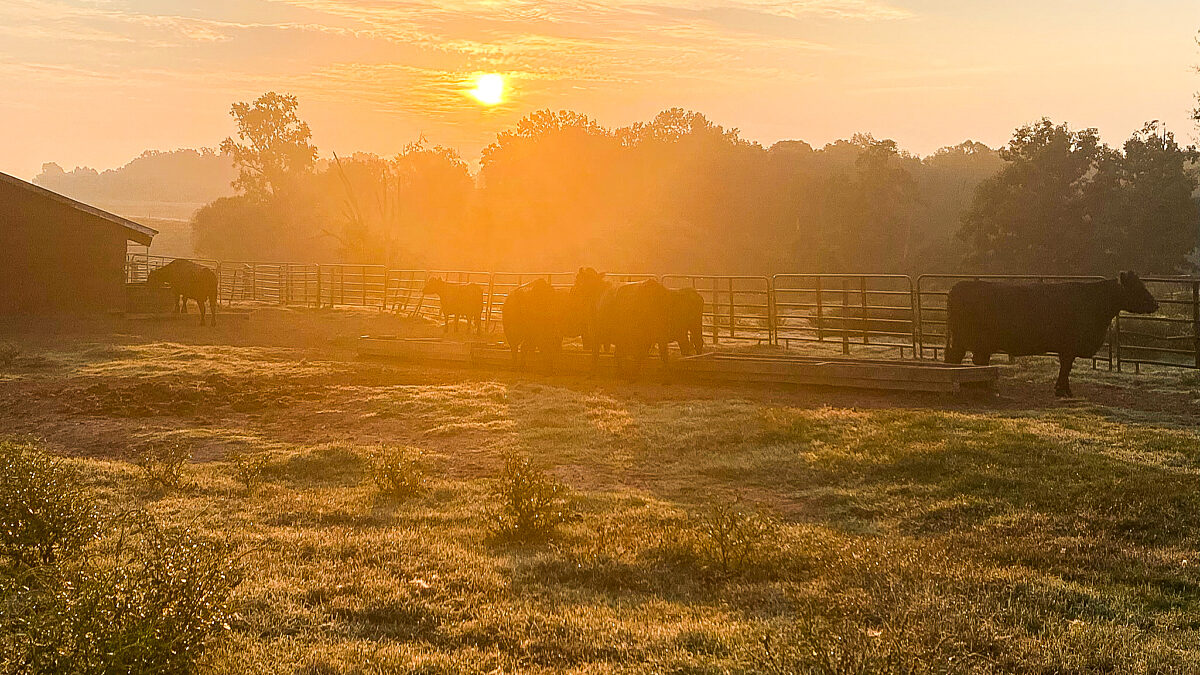Gene Editing: It 's an Evolution, not a Revolution
TOPICS
TechnologyGuest Author
Special Contributor to FB.org

photo credit: AFBF Photo, Mike Tomko
Guest Author
Special Contributor to FB.org
By Charlie Arnot @Charlie_Arnot
How can you talk to consumers about gene editing when most have little understanding of how plants are bred?
The Coalition for Responsible Gene Editing in Agriculture, formed by the Center for Food Integrity in 2016 as a partnership of stakeholders who share a vision of global acceptance for the responsible use of gene editing in agriculture and food, understands that building trust in gene editing is essential so that the food system has the social license to use the technology in a responsible matter.
The Coalition analyzed consumer research about communicating about biotechnology and they discovered that some methods of communicating are more effective than others.
The top three gene editing benefits that consumers care about most are the environment, disease resistance and animal wellbeing.
One discovery was that talking about the evolution of gene editing technology – instead of describing it as a revolution – helped people to understand it better.
Scientists have every right to be proud of advancements. However, talking about how science can “revolutionize” food production does not resonate with consumers.
The public is more supportive when gene editing is described within the context of plant and animal genetic improvement, which has a legacy of safe, responsible use spanning several generations. Rather than being a revolutionary technique, consumers are more comfortable when gene editing is approached as an evolution of the next iteration of improvement.
It’s also helpful to identify the way gene editing can benefit consumers directly while aligning with public desires. The top three gene editing benefits that consumers care about most are the environment, disease resistance and animal wellbeing.
Consumers of various age demographics consistently rated positively the phrase “producing more food with fewer resources – like using less water, land or other natural resources.” Often, those in agriculture talk about increased yields, but consumers aren’t that impressed unless they know you’re doing so in a sustainable way. On the other end of the scale, the benefits that were less appealing to consumers were adding choice and variety to food selections, cosmetic changes – such as changing the color of fruit or preventing browning – and feeding the world.
Conversation Starters
Ready to get involved in the conversation? Here are some ideas to get started and talk about gene editing as an evolution.
“Farmers and animal scientists have used genetic diversity and natural selection for several decades by choosing animals with the most desirable characteristics as the parents of the next generation. Gene editing is the next iteration to improve animals’ native genes. Gene editing allows for precise and small but important changes, which often mirror changes that could occur in nature or through traditional selection.”
“Gene editing helps farmers keep pace with the growing demand for more and better food, while using less water, land, nutrients and other resources.”
When discussing gene editing, keep in mind that there is a considerable knowledge gap among consumers – in science, genetics and modern plant and breeding. Most people have a limited knowledge about breeding methods that have been used for several decades, such as conventional selection and metagenesis. The public’s understanding about genetics in food is also limited. For instance, about a third of consumers think vegetables do not have DNA.
How can you have a meaningful dialogue? Apply the principles of shared values communication: Actively listen without judgment; ask questions to invite dialogue and clarify their perspective; share your values-based perspective first to build trust.
Want to learn more about how you can engage in the conversation about gene editing? Download the communication resource.
Charlie Arnot is CEO of The Center for Food Integrity and president of Look East, a consulting company with offices in Missouri and Iowa. The Center for Food Integrity is a national not-for-profit organization dedicated to building consumer trust and confidence in today’s food system.
Trending Topics
VIEW ALL